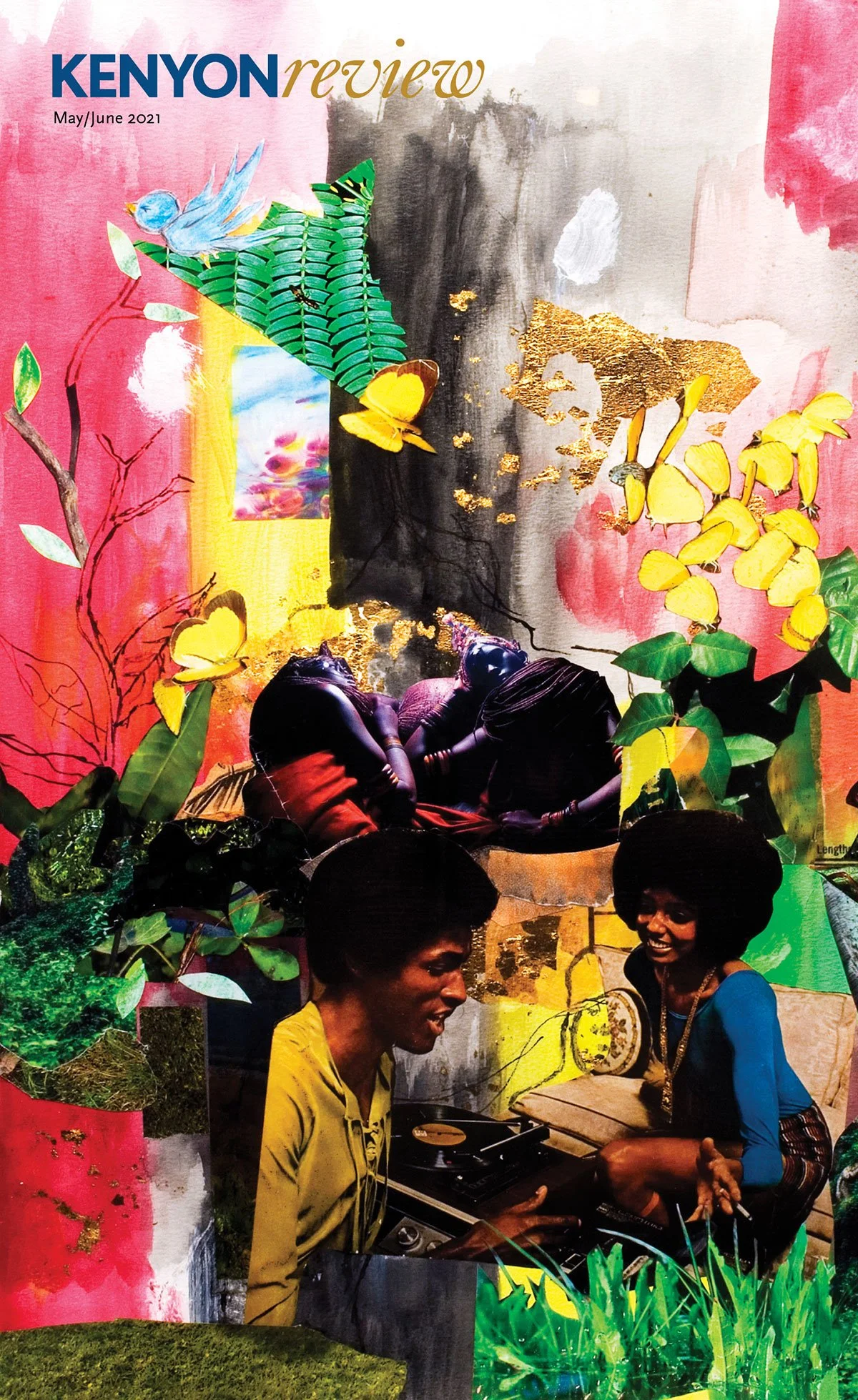I’ve spent the last few weeks reading and rereading Paisley Rekdal’s Nightingale and Ovid’s Metamorphoses, and it’s been a pleasurable challenge to get a handle on the two interlocking texts. In advance of Rekdal’s reading next week at Seattle Arts and Lectures, I have published an essay about the books over at Poetry Northwest:
One of the more famous anecdotes about Pythagoras is recounted in a fragment from Xenophanes: “Once they say that [Pythagoras] was passing by when a dog was beaten and spoke these words: ‘Stop! don’t beat it! For it is the soul of a friend that I recognized when I heard its voice.’” This passage is often read as satirical, Xenophanes poking fun at the extreme nature of Pythagoras’s empathy. It is perhaps even a little ridiculous. But the bare facts of this encounter spring from death and violence: the cruelty of the dog’s abuser, the passing of Pythagoras’s friend.
It may be that the defining feature of humanity—at least as recognized by Ovid, by Rekdal, and by the mathematician’s ex-girlfriend in “Pythagorean” (who “liked / to insist the world was one vicious being / devouring another, their own attraction determined / only be their proximity to each other”)—might be the manner in which violence and beauty exist in such proximity. The transformations of Ovid are frequently brutal, replete with rape and abuse. The poems in Nightingale explore the effects such violence has on people, and how perception of violence shifts with the passage of time, and for the audience, with rereading. As Rekdal writes at one point, “Traumatic time works like lyric time: the now of terror repeatedly breaking back through the crust of one’s consciousness.”
The jacket copy for Nightingale claims the book is “radically rewriting” and “contemporiz[ing]” the myths of Ovid, though this language doesn’t do full justice to the depth with which Rekdal inhabits the mythology of Metamorphoses, while showing how we also inhabit a world rich with the reverberations of this mythology.





























